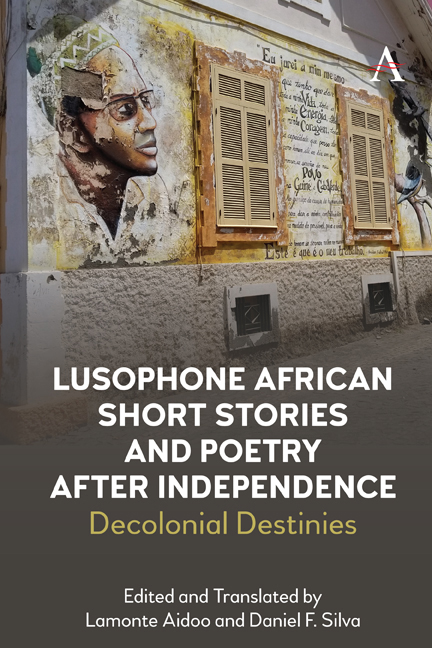Chapter 17 - Mia Couto
Published online by Cambridge University Press: 23 February 2022
Summary
Introduction
António Emílio Leite Couto, best known by his penname, Mia Couto, was born on July 5, 1955, in Beira, Mozambique, to Portuguese colonist parents who had moved to the Portuguese colony in the 1950s. His literary journey began at an early age and crossed literary genres. He published his first works of poetry as a teenager in local newspapers. He moved to Maputo (then Lourenço Marques), still a teenager, to attend the University of Lourenço Marques. Despite taking advantage of a colonial system of racialized power, order, and privilege, Couto supported decolonization and was invited by the Frente de Libertação de Moçambique (Mozambique Liberation Front, FRELIMO) to work as a journalist for the state newspaper Tribuna (Tribune) after the party ushered in independence. Shortly afterward, he became director of the Mozambique Information Agency. He continued to work in state-supported journalism until 1985, when he returned to university to complete his degree in biology. Until today, he continues to be associated with the FRELIMO and celebrated by the party for not only his literary acclaim as a renowned writers in world literature, but also for his service to the party.
His first book was a collection of poetry, Raiz de Orvalho (Root of Dew), published in 1983. The project was notable for its then surprising critique of FRELIMO's role in the ongoing civil war/ proxy war (within the broader Cold War). It was also notable for an aesthetic reason, namely, the manipulation of language that would come to mark his writing style—especially in prose fiction. This play of written and oral language is fundamentally carried out at a lexical level of innovation—with meanings of particular words impacting the morphology of other words; certain phonemes and phonetic patterns representing ways of altering entire words; or nouns turned into verbs or actions, often serving as puns. This linguistic mode of signifying reality became a central component in his literary aesthetics as early as his second book, a collection of short stories titled Vozes Anoitecidas (Voices Made Night, 1986). Taking the title as an example, though the verb anoitecer (to turn into night) and its past participle anoitecido/ a is standard in official Portuguese, its use as an adjective is not.
- Type
- Chapter
- Information
- Lusophone African Short Stories and Poetry after IndependenceDecolonial Destinies, pp. 193 - 196Publisher: Anthem PressPrint publication year: 2021



